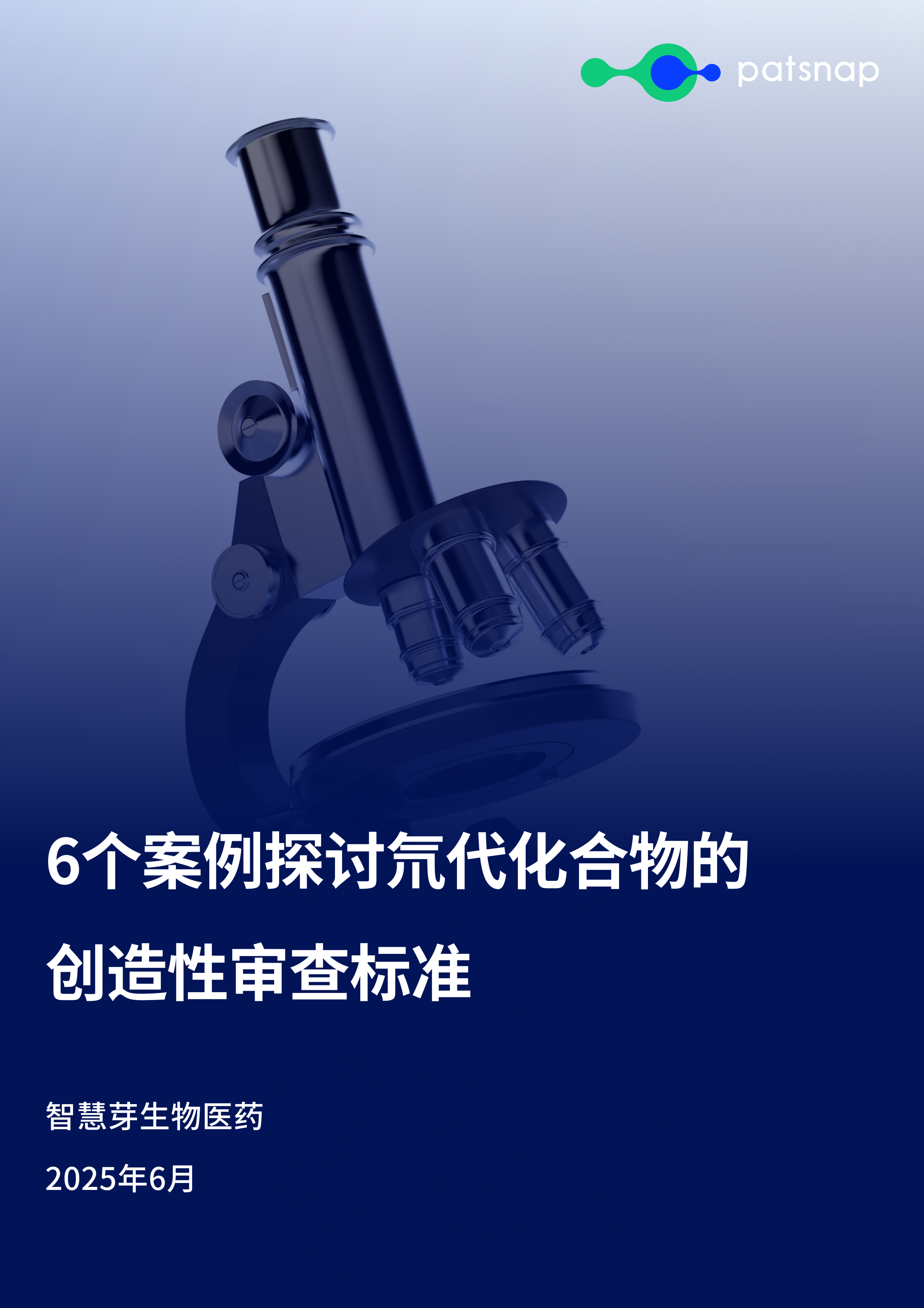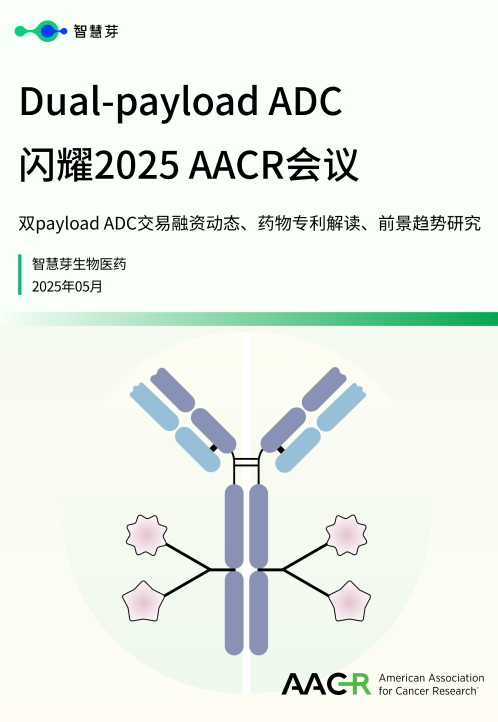预约演示
AbbVie makes psychedelic play with $2bn Gilgamesh collaboration
临床2期引进/卖出上市批准
Neuroplastogens are compounds that induce rapid and long-lasting neuroplasticity without psychoactive side effects. Image credit: Shutterstock/ Master1305.
AbbVie is making a push into the psychedelic frontier as it joins forces with US-based Gilgamesh Pharmaceuticals to target therapies for psychiatric disorders.
AbbViellaboration, which includes an option-to-license agreement, will see AbbVie pay GGilgamesh Pharmaceuticalse psychedelic specialist psychiatric disordersceive up to $1.95bn in aggregate option fees and milestones, as well as royalties.
The number of psychedelics being used in clinical trials to treat psychiatric disorders is growing apsychiatric disorderspaAbbVieps up. However, the area is still in its infancy and, while some treatments have shown promising efficacy in addressing mental health disorders, many clinical ventures have been ineffective. Chief among the issues with many of these first-generation drugs can be unwanted psychoactive side effects such as hallucinations, says AbbVie.
Founded in 2019, Gilgamesh is developing neuroplastogens – agents psychiatric disorders long-lasting neuroplasticity. These compounds could minimise the side effects seen with existing psychedelic compounds whilst still exerting clinical benefit, asmental health disordershallucinationsAbbVie
See Also:Sanofi tGilgameshbn biomanufacturing investment in France
Rakovina Sanofis collaborations to leverage AI platform
Gilgamesh currently boasts two Phase II clinical assets, notably GM-1020 and GM-2505, which are being evaluated for the treatment of major depressive disorder. GM-1020 is an oral NMDA receptor antagonist while GM-2505 is an agonist of the 5-HT2A (serotonin) receptor.
The pharma company is also working on an investigational new drug (IND) application for an oral non-hallucinogenic neuroplastogen named GM-5022.
AbbVie’s senior vice president and global head of discovery research Jonathon Sedgwick said: “Significant unmet need remains for people living with psychiatric disorders and we know that to innovate in this field, we need to pursue novel technologies and approaches.”
Gilgameshallucinogens such as LSD and psilocybin are often categoGM-1020eparaGM-2505om dissociative drugs. While both classes of drugmajor depressive disorderdeGM-1020rella, theirNMDA receptorer. Hallucinogens GM-2505istortions in percepti5-HT2A (serotonin) receptorciative drugs cause a disconnect between mind, body, and environment.
The psychedelic market is largely dominated by Johnson & Johnson’s dissociative drug Spravato (esketamine), which was approved in 2019 fGM-5022essing treatment-resistant depression. The drug made $700m last year and sales are estimated to grow to $2bn in 2029, according to GlobalData’s Pharma Intelligence Centre.
AbbVieData is the parent company of Pharmaceutical Technology.psychiatric disorders
There are currently no FDA-appLSDed ‘cpsilocybinchedelics’, though the space is gearing up for a landmark review in June this year when Lykos Therapeutics’s MDMA-mediated therapy goes under the FDA examination lamp. The biotech’s upcoming meeting with the FDA’s Psychopharmacologic Drugs Advisory Committee (AdCom) will mark the first time FDA experts formally debate a psychedelic treatment.
The speed of the market’s growth could hinge laJohnson & Johnsonome of the AdCom meeting, though public perception towards psychedelics – which is stitreatment-resistant depressionajor obstacle to the treatment’s widespread implementation.
更多内容,请访问原始网站
文中所述内容并不反映新药情报库及其所属公司任何意见及观点,如有版权侵扰或错误之处,请及时联系我们,我们会在24小时内配合处理。
Eureka LS:
全新生物医药AI Agent 覆盖科研全链路,让突破性发现快人一步
立即开始免费试用!
智慧芽新药情报库是智慧芽专为生命科学人士构建的基于AI的创新药情报平台,助您全方位提升您的研发与决策效率。
立即开始数据试用!
智慧芽新药库数据也通过智慧芽数据服务平台,以API或者数据包形式对外开放,助您更加充分利用智慧芽新药情报信息。





